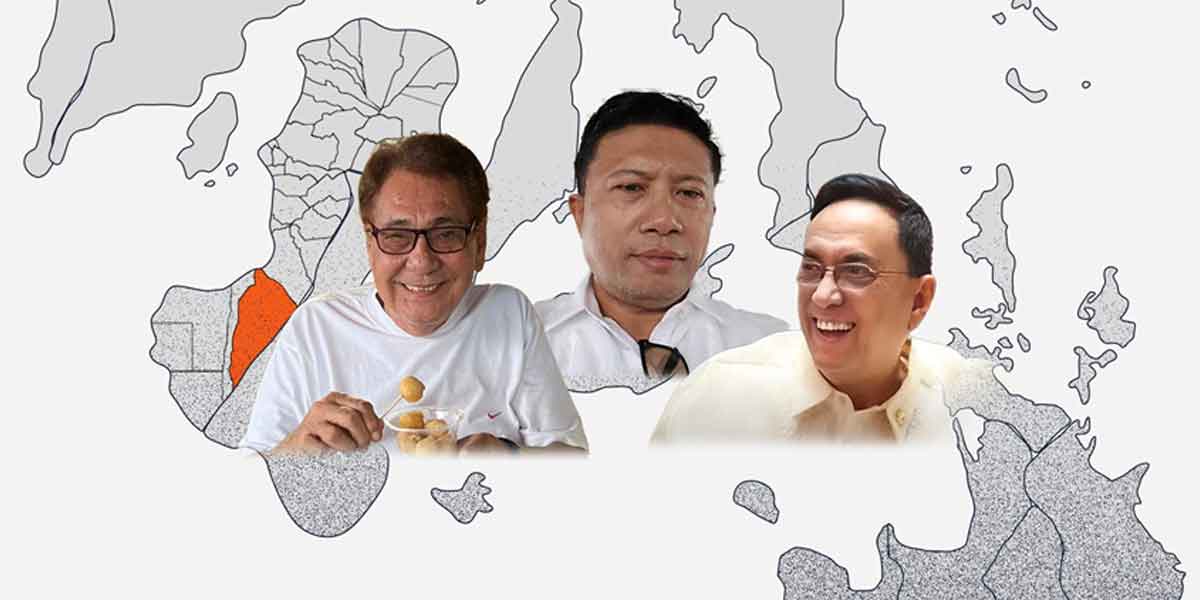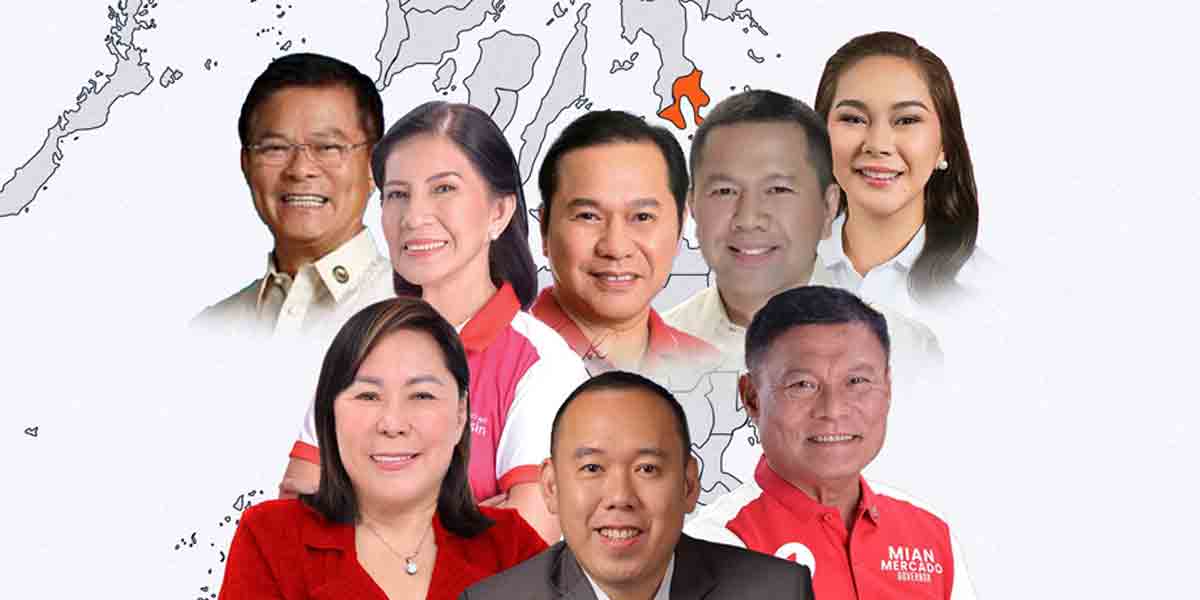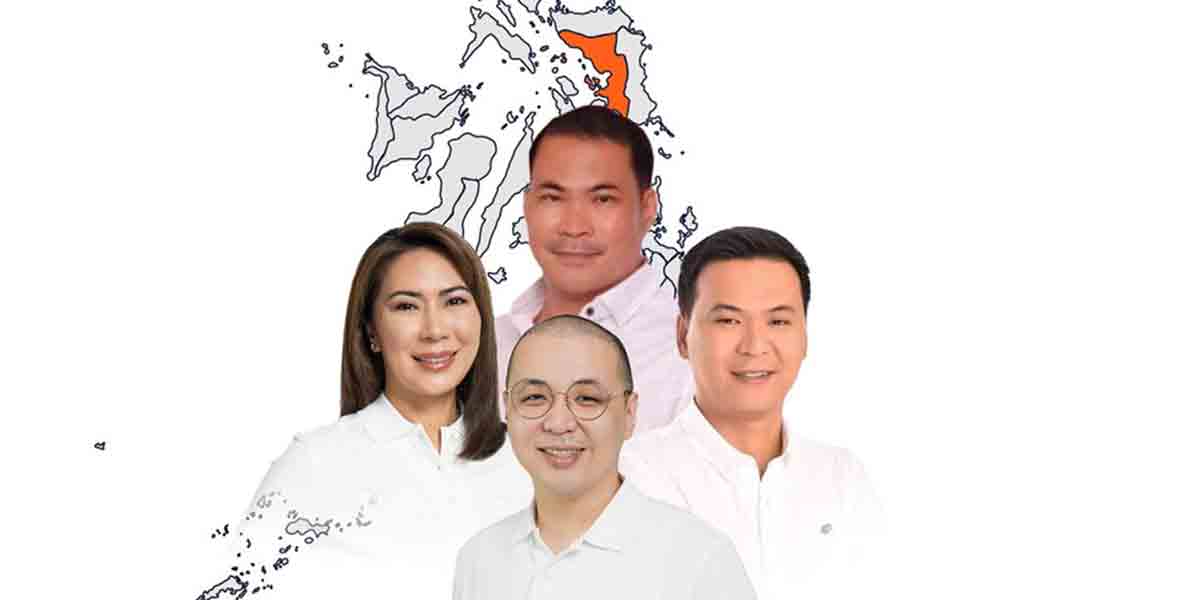By Dolly Yasa
BACOLOD CITY – If sugar importation becomes necessary to address production shortages due to El Niño, the Sugar Council emphasized the need for a logical, transparent, and consultative importation program.
This response followed the Sugar Regulatory Administration’s (SRA) recent suggestion to import sugar as a solution to the anticipated shortage.
The Sugar Council, an alliance of three federations—CONFED, NFSP, and PANAYFED—did not outrightly dismiss the SRA’s suggestion, according to a press statement furnished to local media Sunday.
In a letter to Agriculture Secretary Francisco Tiu Laurel Jr., the Sugar Council proposed guidelines for the import program.
“The determination of an import program shall be based on SRA’s timely analysis of market conditions, in consultation with industry stakeholders, prior to the start of the new milling season.”
The Sugar Council’s urging included cautious projections, noting that unless there is a significant increase in demand, the country might not need to import raw or refined sugar until the first quarter of 2025.
These projections could change, necessitating earlier importation, the press statement noted.
In the spirit of transparency and fairness, the council strongly recommended an importation plan decided in consultation with industry stakeholders and based on a timely analysis of market conditions.
The Sugar Council warned that allowing imported sugar to enter the domestic market prematurely could cause the millgate price of local sugar to drop.
With local production predicted to be low in the CY 2024-2025, sugar farmers face a significant challenge.
At the start of the last milling season in September 2023, the SRA predicted the millgate price to be P3,000 per bag, which barely materialized. The Sugar Council argued that over-importation was the cause and that a repeat could irreversibly damage the sugar industry.
Additionally, on April 18, President Ferdinand R. Marcos Jr., through Executive Secretary Lucas Bersamin, issued Administrative Order No. 20. The AO mandated the Department of Agriculture to streamline import procedures and policies by removing non-tariff barriers.
Many worry that the AO could facilitate the entry of imported agricultural products, including sugar, which will compete with and displace demand for local agricultural products.
The Sugar Council immediately sent a letter to Executive Secretary Bersamin, emphasizing the need for safety nets to protect sugar farmers.
Similarly, the council submitted its recommendations for the implementing guidelines of the AO to Secretary Tiu Laurel.
The Sugar Council maintains that while importing sugar can stabilize the retail market in the face of insufficient local production, it should be a last resort. The process should involve consultation with stakeholders, especially sugar farmers, and be scheduled and measured to avoid disrupting the milling season.






















